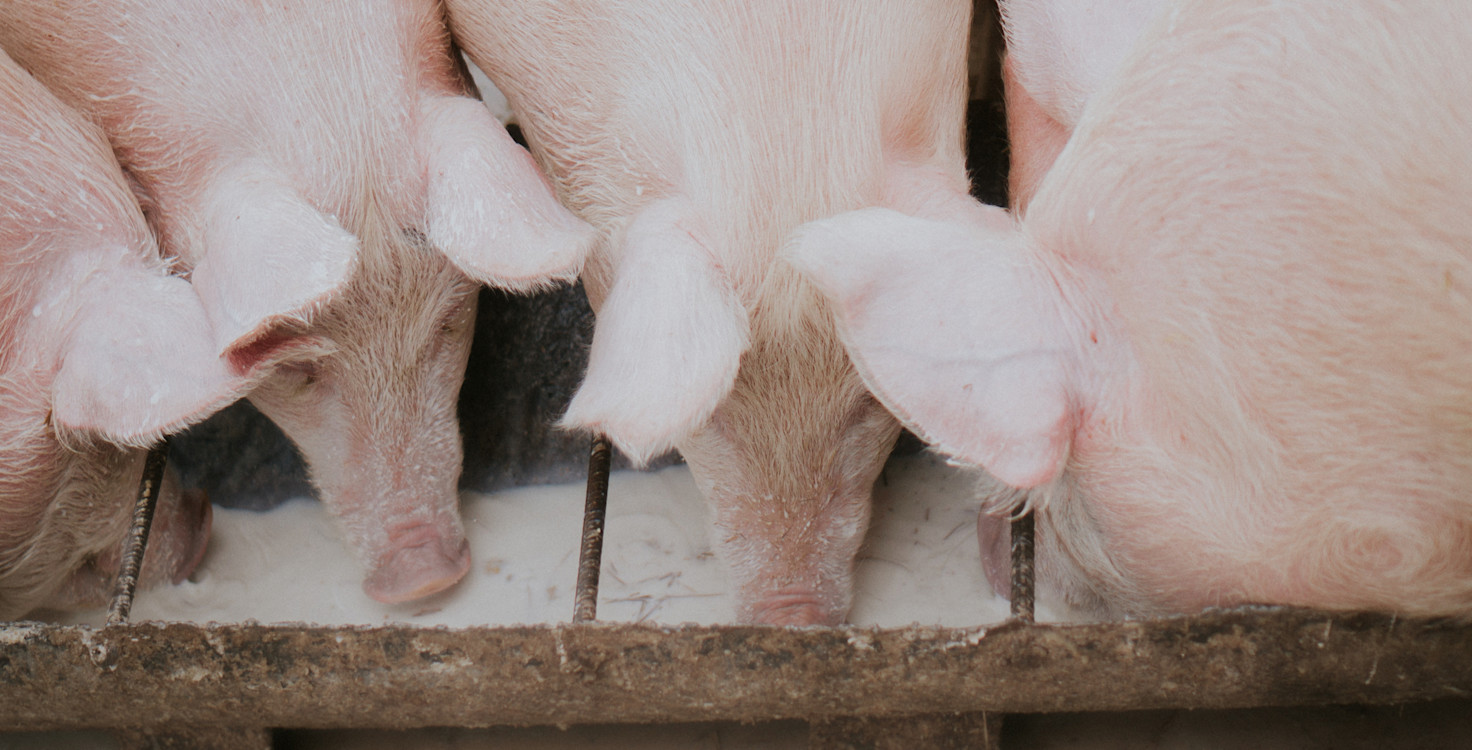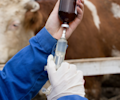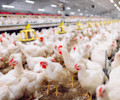The African Swine Fever outbreak in China and parts of Europe highlights the tremendous risks animal pandemics can pose to the intensive farming industry. Since August of 2018, more than 300,000 pigs in China and Europe have been destroyed in attempts to contain its spread.
Export bans have already caused lost value. More than a dozen nations banned pork products from Belgium, while a number of Asian nations have also banned imports from Latvia, Poland, Romania, Russia, Ukraine and Bulgaria.
But the worst hit nation is China, which has seen more that 100 outbreaks of ASF reported across 24 provinces. One of China’s largest pork producers Muyuan Foods Co. Ltd, has slashed its net profit forecast for 2018 to between 500 and 550 million yuan (US$75 million), one fifth lower than its previous estimate, in the wake of the ASF outbreak. Meanwhile, another Chinese meat company, Wens Foodstuff Group Co. Ltd., one of the world’s largest livestock companies with a market capitalisation of almost 150 billion yuan (US$22 billion) has warned of a 40% decrease in net profit for 2018, with the finger of blame pointed firmly at the nation’s ASF crisis.
Predictably, the world’s largest pork producer WH Group has also suffered significant losses. After pigs died of ASF at one of the company’s slaughterhouses in central China, the firm was forced to close operations there for nearly two months, which was accompanied by a nearly 10% drop in share price.
For agricultural investors animal pandemics from bird flu, to swine flu and now ASF have long posed as a threat to profits. For investors looking for ways to reduce their exposure to this risk they should consult the Coller FAIRR Protein Producer Index, which ranks 60 of the world’s largest food companies on their vulnerability to ESG risks. All three Chinese companies that have now issued profit warnings — Muyuan, Wens and WH Group — were categorised back in May by the Index as ‘high risk’.











